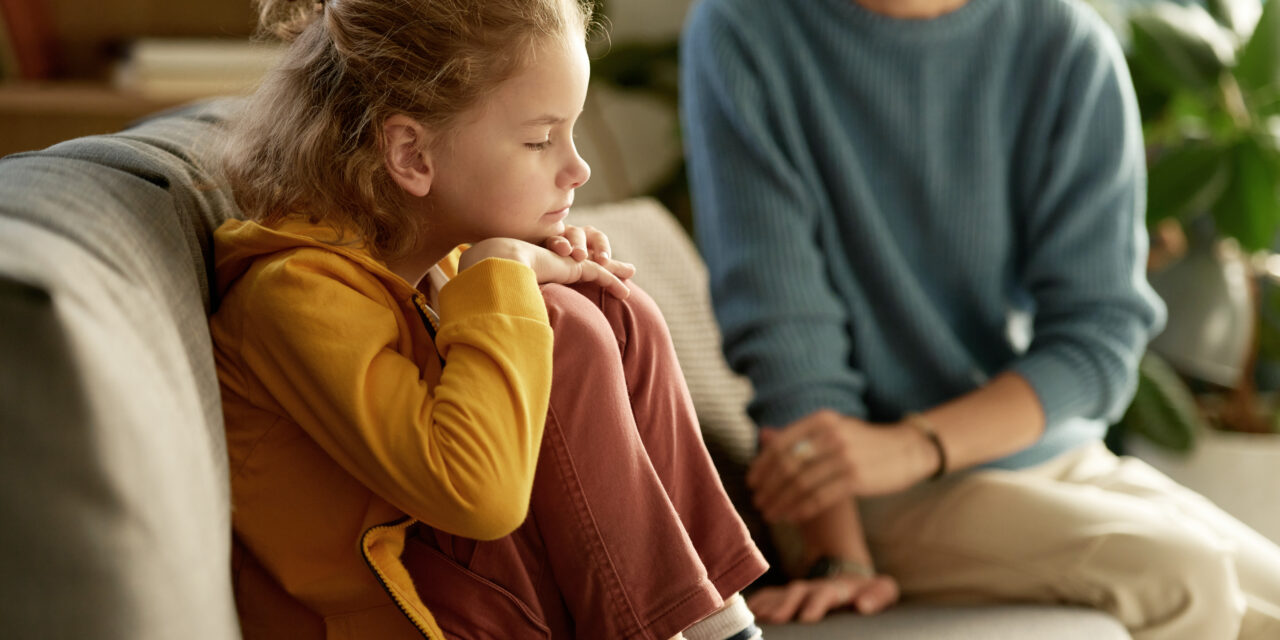How can I help my young child prepare for the death of a grandparent whom she is very close to?
I am so sorry that you are going through this. A child’s understanding of death will be impacted by their developmental stage, as well as their experience of death previously. Parents often avoid the topic of death for fear of upsetting their child. However, it can be helpful to discuss death as we encounter it with young children rather than waiting to explain the concept during a period of heightened emotion when a loved one is dying or when you yourself are grieving. If, for example, you have a pet fish that dies or you encounter a dead bug on a nature walk, it can be a therapeutic opportunity to explain to your child that death is inevitable, death is permanent, and death happens because the body has stopped working. A beautiful book for introducing the concept of loss and death to young children is The Dead Bird by Margaret Wise Brown. This book takes a very direct approach to death when a group of children encounter a dead bird in a park and find meaningful ways to say goodbye.
To help you begin discussing the idea of a loved one dying, a book I find helpful is Ida, Always by Caron Levis. This book is based on two polar bears that live in Central Park Zoo. It explores the concept of terminal illness and tenderly explains that we remain connected to our loved ones who have died through our memories. It is a poignant and comforting read.
You will likely find that your child has many questions about death and that conversations will need to be revisited on multiple occasions. I help to develop a therapeutic story that supports parents in navigating the questions that their child may raise when a loved one dies. You can find that here.
How to talk to children about death. (thepsychologistschild.com)
Remember that we aren’t trying to fix our child’s feelings. When someone is grieving, our focus should not be on making them feel better. We want to sit with our children in their grief rather than trying to move them through it. The other thing to remember is that your child will need you to be really honest with them about what is happening. Information is reassuring to children; feeling alone and confused about what is going on around them is pretty scary to a young child. Provide your child with the developmentally appropriate information, and if they ask questions, seek to answer them simply and honestly.
Finally, involve your child in planning how they would like to remember their grandparents. One suggestion that I would make is to create a memory box, a place for your child to put drawings, letters, notes to and from their grandparent—a place to keep their most treasured memories of their very special person.

















